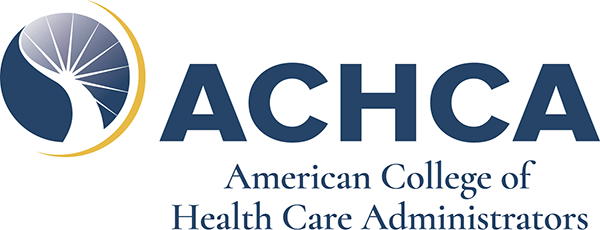Coronavirus placing great strain on U.S. healthcare system
Facilities face supply chain disruptions and staffing shortages
Faced with a global pandemic now affecting everyday life across the country, the U.S. healthcare system is struggling to cope with potential staffing shortages and supply chain disruptions.
“Everybody is stressed,” said Bill McGinley, President and CEO of the American College of Healthcare Administrators, or ACHCA. “Most of the stress is coming from the conflicting information put out by the CDC, CMS and various state agencies. Often it is conflicting and changes from day to day. It is very hard to keep up.”
Vernon Jeffery, chief strategist for Readiness Associates, a national consulting firm that helps healthcare organizations prepare for natural and man-made disasters, said these contradictory messages undermine public health response and public trust in official information sources.
“Indeed, there are data voids, and the public health community does not have all of the evidence needed to predict the trajectory of this infection reliably,” Jeffery said. “Unfortunately, this uncertainty creates a ripe environment for both fear and misinformation. Being more prepared than necessary is preferred over not being prepared enough.”
According to McGinley, ACHCA members are telling him that their facilities are having trouble getting supplies. He added that nursing homes, in particular, are confronting staffing shortages as workers become sick and must stay home under quarantine.
The Boston Globe reported that Massachusetts nursing homes, already experiencing a severe shortage of direct-care staff, were worried even more acute staffing shortages. According to the Globe, the state’s long-term care facilities have 5,600 job vacancies, including a rate of 17.2 percent for certified nursing assistants.
“We’re in the midst of a historic staffing crisis,” Tara Gregorio, president of the Massachusetts Senior Care Association, told the Globe. "The concern is that, if we have to self-quarantine [staffers], we may not have the workers we need to meet the needs of residents.”
In western Massachusetts, more than 50 nurses and other employees at Berkshire Medical Center have been quarantined after coming into contact with patients with coronavirus, according to the Boston Business Journal. The Journal reported that the medical center had to hire a “traveling nurse company” to ease the resulting shortage.
“The healthcare coalition can be a great resource because members will be able to share information on both staffing shortages and overages among members,” Jeffery said. “The Medical Reserve Corps, a program run by the Department of Health and Human Services, is another excellent resource. A local MRC detachment can often provide pre-vetted healthcare professionals on a short-term basis as a stop-gap until more permanent staff members can come on board.”
Looming shortages of critical supplies like personal protective equipment and ventilators may surface as the number of cases rises nationwide.
“At the moment, we have significant limitations on our high-level N95 masks, and even surgical masks are in short supply,” Dr. Compton-Phillips of Providence St. Joseph Health in Washington State told the New York Times.
The problem, said Jeffery, is that critical supply arrangements should be in place before a crisis occurs.
“Suppliers enter into contractual agreements with manufacturers to be eligible for emergency overstock in times of need,” Jeffery said. “End users, likewise, enter into agreements with suppliers to have access to emergency stock to meet their requirements. You can get a sense of the ‘chain’ in the term ‘supply chain’ from this. “Healthcare coalition members can barter and trade among themselves. That’s an excellent local remedy. But you needed to have joined the coalition a while ago. It’s all about relationships.”




